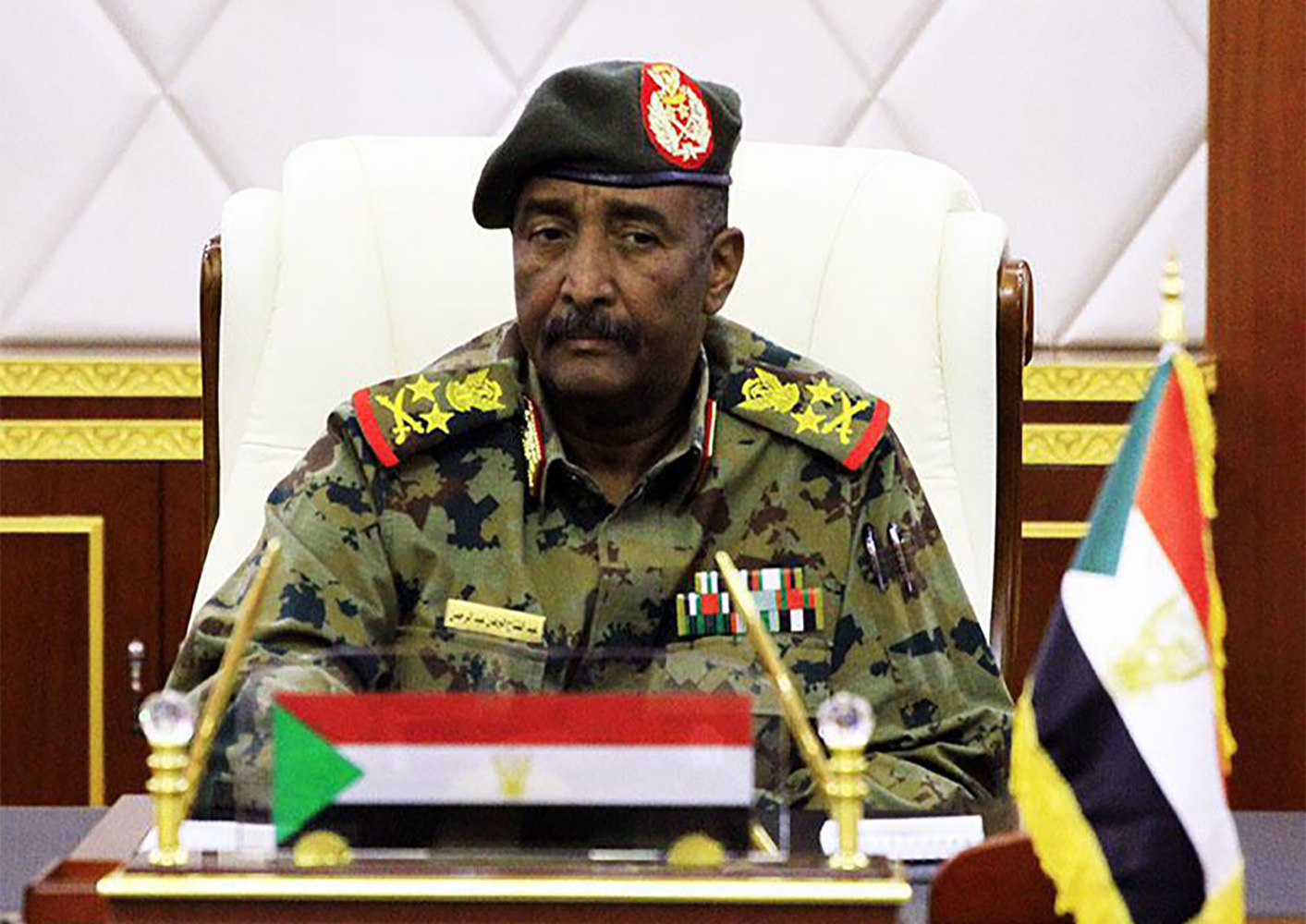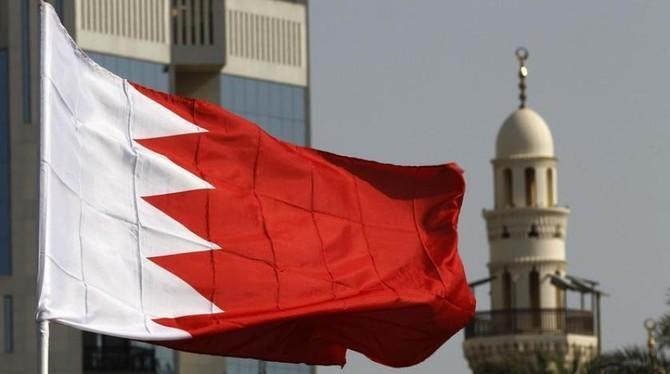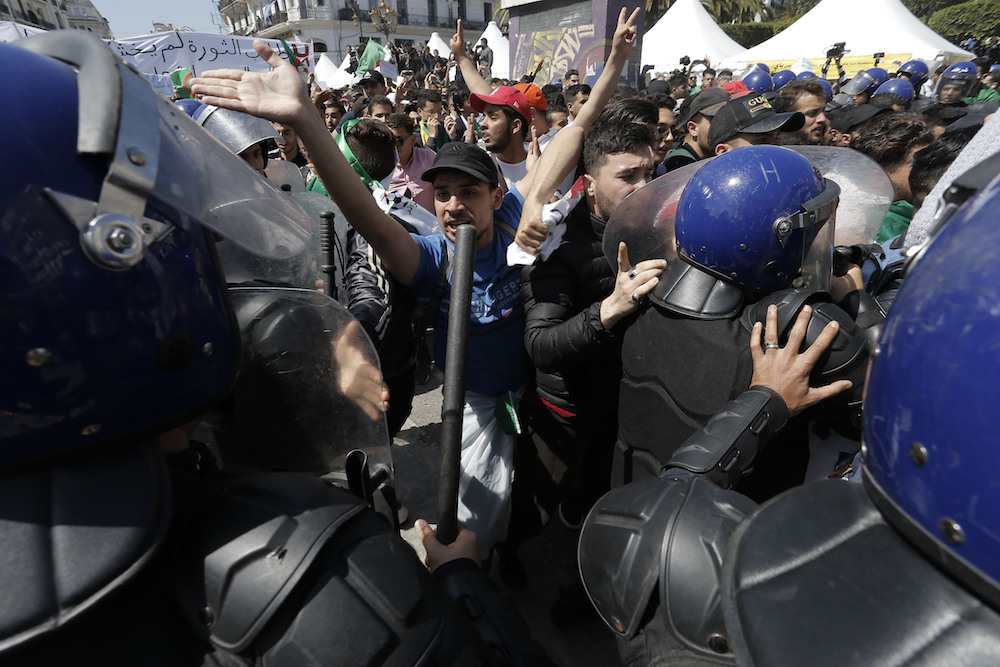Lebanon’s legal system celebrates 100th anniversary amid probe into judicial corruption
BEIRUT: The Beirut Bar Association on Tuesday celebrated its 100th anniversary with a ceremony in Beirut attended by Lebanese President Michel Aoun, Parliament Speaker Nabih Berri and Prime Minister Saad Hariri.
The association was founded a year before the creation, after the fall of the Ottoman Empire, of Greater Lebanon. The Lebanese Court of Cassation will celebrate its 100th anniversary in June.
The celebrations coincide with the launch of investigations by the political and judicial authorities into allegations of corruption involving many judges in Mount Lebanon and lawyers from a number of regions.
“No country (exists) without an independent, clean judiciary that seeks justice and truth,” Aoun told the audience at the event, which included politicians, members of the judiciary, diplomats and legal professionals. “Purging the judicial body has been the first priority of our war on the corruption that ravages all our institutions.
“The judiciary must remain above suspicion and be an independent constitutional authority that self-purifies itself in accordance with the mechanisms adopted by law, without defamation, extortion or exploitation of any person.”
Justice Minister Albert Sarhan said: “There can be no justice without an independent judiciary…We regret the defamation and abuse of the judiciary, but we believe that the judges’ acquisition and exercise of the culture of independence, (as well as) their impartiality and competence in the conduct of their duties are the greatest immunity that protects them from all prejudice.”
Andre Chidiac, the president of the Bar Association, warned that the legal profession might be affected by “volcanoes of inventions erupting in every field” and that “30 to 40 percent of freelance professions may be threatened with extinction.”
He quoted French professor Louis Assier-Andrieu, who said: “Lawyers are at a crossroads, torn between the legacy that is still alive to defend public freedoms and the increasing impact of economic logic and technological progress.”
Chidiac said that the legal profession in Lebanon was “catching up with modernity and confronting artificial intelligence, the robotic phenomenon and digital-rights legislation through the formation of a committee to set a modernizing development professional strategy.”
Chief Justice Jean Fahed added: “The lawyers have never abandoned their roles; nor has the judiciary given up its role, either.”
Lebanese authorities are investigating justice officials, security officers and lawyers in connection with the release of detainees and the cleansing of files of individuals accused of drug trafficking. A small number of judges have appeared before the Judicial Inspection Authority. Lebanese news and media outlets have reported allegations of judges holding lavish parties and accepting foreign trips as judicial bribes.
Earlier, Justice Minister Sarhan attempted to reassure citizens, judges and judicial assistants that the investigation into corruption will be unbiased, saying: “The innocent will be proven innocent and the culprits will be punished. There will be no prejudice against anyone. Justice will prevail and we will eradicate the roots of corruption in the judiciary and other related departments.”

Decades on, families of Lebanon’s war missing see hopeLebanon approves plan to reform ailing electricity sector



